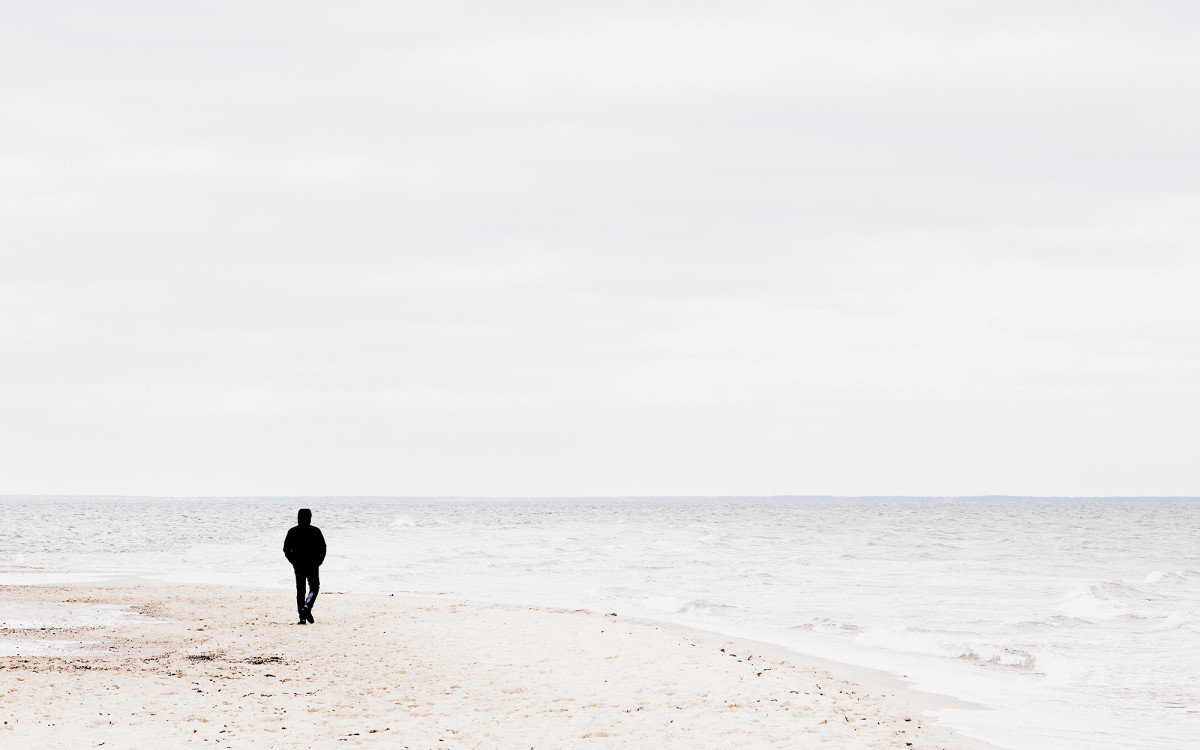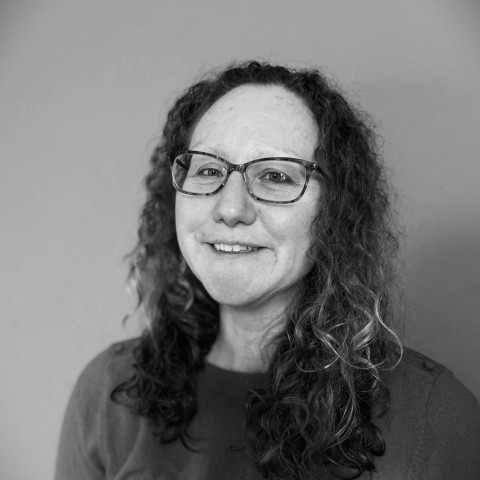At the Forefront of Ocean Literacy: Connecting People to the Sea

The 8th of January 2025 marks the launch of a new Ocean Literacy Strategy in Wales, the first national strategy of its kind in the UK. This milestone is not just a win for Wales. It reflects how important it is to enhance ocean literacy and foster stronger connections between people and the sea.
Dr Liz Morris-Webb, Senior Researcher at Nordland Research Institute (NRI), has played a part in shaping this pioneering strategy, which demonstrates the institute's commitment to sustainable ocean stewardship.
The ocean is our lifeblood—it provides oxygen, regulates the climate, and provides food, water, and recreation. For many, the sea embodies the essence of an outdoor lifestyle, contributing to well-being and identity. However, the global threats facing our oceans often seem irrelevant to us as individuals or overwhelming, leaving us to feel powerless.
Research shows that the more connected people are with the ocean, the more conscious they are about their impact on it and the more likely they are to work to protect it. Individuals' collective efforts can be contagious in changing society’s attitude towards the ocean and their power to take care of it. The concept of 'ocean literacy' arises as a powerful tool for transformation.
Ocean literacy, defined as 'an understanding of the ocean's influence on you and your influence on the ocean' is an integral part of the United Nations Decade of Ocean Science for Sustainable Development. Dr Morris-Webb's work at NRI focuses on researching how to nurture human-ocean connection and improve ocean literacy through, for example, enhancing people's emotional and cultural ties with the ocean, pushing beyond traditional ‘knowledge dissemination’.
The Welsh Ocean Literacy Strategy
Dr Morris-Webb, who also holds an Honorary Research Fellowship at Bangor University in Wales, contributed to developing the Welsh Ocean Literacy Strategy, known as 'Y Mor a Ni' ('The Sea and Us'). Her involvement bridges the gap between her work in Norway and international initiatives, enriching NRI's research portfolio.
“Wales is one of the first countries in the world, and certainly the first in the UK, to develop a framework to improve people’s relationship with our coasts and seas. It is a vital step in strategically promoting more conscious decision-making (or behaviour) towards our ocean, from individuals to companies and governments. It is a crucial step in the right direction towards sustainability. It will hopefully inspire other countries to try a similar approach,” says Dr Morris-Webb.
The Welsh strategy envisions a future where citizens connect to, understand, and value their coasts and seas, making decisions that promote sustainability. In Norway, this resonates with the Research Council's Ocean Secretariat priority, 'Everyone Understands the Ocean,' reinforcing the importance of fostering ocean literacy to realize a sustainable future.
The Welsh approach offers practical insights for Norway, especially the wide range of communication tools needed to reach different groups. The strategy highlights six key action areas, from influencing policy to fostering ocean-positive cultural practices. Dr Morris-Webb explains, "The strategy results from 2.5 years of collaboration among 22 partners, led by the Coast and Seas partnership in Wales, Natural Resources Wales, and funded by the Welsh Government. By starting with desired behavioural changes and working backwards, we crafted targeted actions for individuals, sectors, and organisations."
Reflecting on the collaborative process, she adds, "Working with a diverse range of stakeholders, from seasoned marine educators to those new to ocean advocacy, has been incredibly rewarding. However, a strategy is just the beginning. Restoring society’s relationship with the ocean through nurturing our connection with it and inspiring people to turn understanding into action is an essential step towards keeping our planet habitable.”
At Nordland Research Institute, 2025 will see the expansion of ocean literacy projects, building on this momentum. As part of the EU Horizon Project' EmpowerUs,' NRI is already engaging with coastal communities across Europe, including the Norwegian island of Træna, to design interactive initiatives beyond traditional education, fostering deeper ocean connections and enhancing community resilience.
"EmpowerUs allows us to create fun, meaningful experiences that reconnect people with the ocean, ultimately strengthening their socio-economic resilience," Dr. Morris-Webb highlights. She also invites everyone to reflect on their relationship with the ocean: "Why not pledge to reconnect with the sea this year?"

